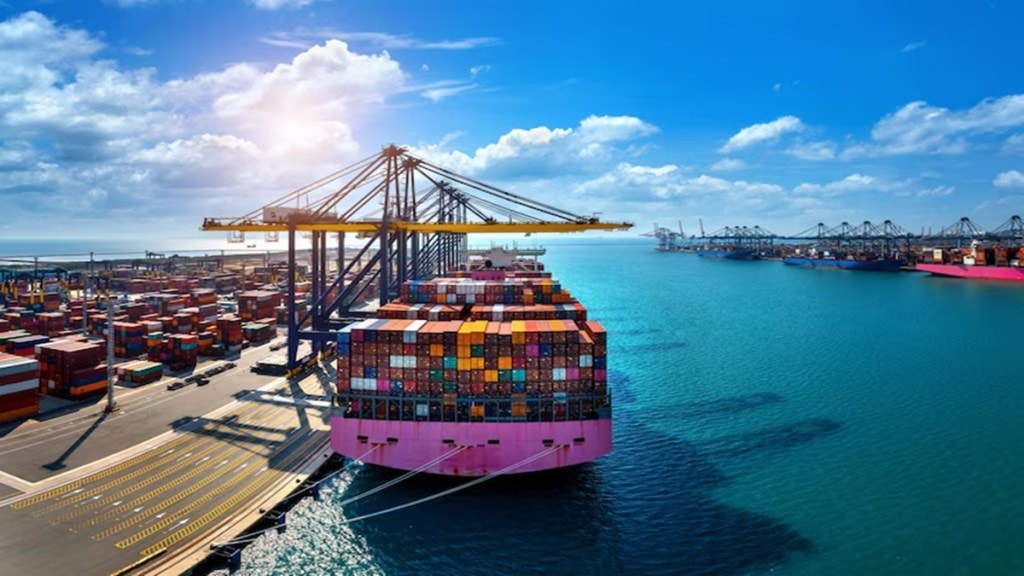There are concerns that quality control orders are being misused to restrict imports, leading to supply chain disruptions. Conducting regulatory impact assessments & streamlining approval processes are essential for India to maintain its reputation as a business-friendly, open economy, explains Ajay Srivastava
l What are quality control orders?
QUALITY CONTROL ORDERS (QCOs) are mandatory quality standards notified by central government departments. They prescribe specific quality benchmarks that manufacturers — both domestic and foreign—must meet before selling their products in the Indian market. Compliance is assessed through testing, inspection, and certification by the Bureau of Indian Standards (BIS). India has issued QCOs for various products, including toys, footwear, electronic products, electrical appliances, steel, and textiles.
l Why is India issuing so many of these orders?
DEVELOPED COUNTRIES REGULATE product quality through QCOs, which apply to both domestic and foreign manufacturers. As import duties come down, QCOs have become a key mechanism for controlling imports. Before 2014, India had only 14 QCOs covering 106 products. Since the BIS Act was introduced in 2017, over 140 QCOs have been issued, covering 550 consumer and industrial products, with many more in the pipeline.
QCOs have sparked debate due to their adverse impact on trade and industry. Many businesses argue that they create unreasonable barriers to imports are non-transparent and disrupt supply chains. For example, stringent QCOs on steel have led to supply shortages, affecting various industries.
l How do QCOs impact steel imports?
THE MINISTRY OF steel requires foreign manufacturers to obtain BIS certification for 1,376 steel grades under the QCO framework. However, the rules have been extended to require a no objection certificate (NOC) for all steel imports, even for grades not covered by QCOs. Given that over 10,000 steel grades are globally in use, this requirement creates significant delays and disrupts the supply chain. The import process, involving multiple regulatory bodies such as the ministry, BIS, and Customs, lacks coordination and functions like an outdated licensing system, leading to delay in Customs clearances, payment of demurrages and loss of business.
l Are approvals for steel imports being granted selectively?
THERE HAVE BEEN concerns over transparency in BIS approvals for foreign suppliers. In some cases, QCOs have been issued selectively to foreign firms that have joint ventures with large Indian companies, while applications from other foreign suppliers remain pending. Such selective approvals risk distorting competition and unfairly benefiting a few firms.
l How can implementation be improved?
TO ENSURE QCOs enhance quality without becoming trade barriers, India should consider the following strategies. First, BIS should define predictable timelines for inspections and QCO issuance to avoid unnecessary delays. Second, NOCs should not be required for products outside QCO coverage. For example, India mandates NOCs for all steel grades, despite regulating only 1,376 out of 10,000 global steel grades. Third, QCOs should not apply to products that India does not manufacture, such as Cold Rolled Grain Oriented (CRGO) steel, which is crucial for transformers and primarily imported. Fourth, approvals should be fair and not selectively delayed for certain suppliers or countries. Fifth, industries need sufficient time to adapt to new regulations. Europe provides a four-year transition period for new safety standards, whereas India’s rapid implementation creates compliance challenges, especially for small and medium enterprises (SMEs).
Aligning QCOs with international benchmarks can enhance India’s export competitiveness and attract foreign investment. Strengthening testing facilities, accreditation systems, and market surveillance will further help ensure QCOs function effectively. Finally, conducting Regulatory Impact Assessments before issuing QCOs can help identify potential trade disruptions and allow better decision-making.
l Can QCOs be misused?
AS GLOBAL TARIFFS decline, countries increasingly use QCOs as a trade restriction tool. China uses pre-registration and factory inspections to delay import approvals. In India, BIS factory inspections lack clear timelines. India should ensure QCOs are genuinely aimed at improving quality rather than restricting imports unfairly.
While QCOs are essential, their implementation must be transparent, efficient, and aligned with global best practices. Streamlining approval processes, conducting regulatory impact assessments, and ensuring fair competition will help India enhance its manufacturing ecosystem while maintaining its reputation as an open and business-friendly economy.
The writer is founder, Global Trade Research Initiative

